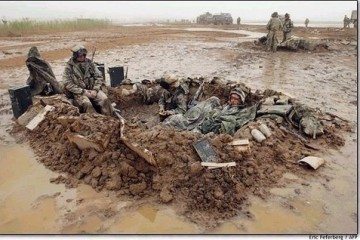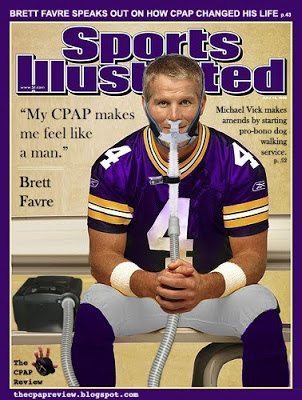SLEEP. “No man knows but a soldier, how sweet sleep is.”
So the Iraqis are raining down RPGs like mortars on us and one of my Corpsman tells me, “First Sergeant, get up we are being bombed.” Even though I heard the rockets launch from the other side of the river, I heard them hitting buildings around us, I heard the glass smashing and crashing all around me, I did not care. I had just laid down in the dirt in full battle rattle, but it felt so good to rest for a minute. I was more worried about sleep than my own safety. Most infantrymen (and many other MOSs – do not get your panties ruffled) will know just what I am saying.
SLEEP. “No man knows but a soldier, how sweet sleep is.”
Our body needs four things to survive: air, water, food, and sleep. You can die from lack of sleep faster than you can die from lack of food. Your body sends powerful signals that make you breathe, drink and eat, but over the millennia there has been little need for the body to send strong sleep signals.
Sleep deprivation is the best way to physically Predispose Yourself to become a Stress Casualty. It has been linked to mental health problems, cancer, common colds, depression, diabetes, obesity and strokes.
The Equivalent of Legally Drunk: A person deprived of sleep for 24 hours is virtually the physiological and psychological equivalent of being legally drunk. After alcohol intoxication, lack of sleep is the next major cause of accidents. The National Highway Traffic Safety Administration links nearly 100,000 crashes a year to drowsiness.
Exxon Valdese, Chernobyl and Three Mile Island had one thing in common: They were all industrial accidents that occurred in the middle of the night involving people with sleep management problems.
Recommendation to anyone suffering from a lack of sleep due to PTSD. Go get a sleep study done. If you show even the slightest sign of sleep apnea you should get a machine called a CPAP. There is much empirical data (look it up) that shows the CPAP reduces PTS by getting the individual quality sleep without the need for ambien, alcohol or another method you may use, to help you sleep.
According to me (DKD), in the military, “we used to own the night, now the night owns us.”
Believe me, you do not even know what a good nights sleep is until you have slept with a CPAP.
CPAP info below:
CPAP: Continuous positive airway pressure. CPAP is an effective treatment for moderate to severe obstructive sleep apnea.
Patients with obstructive sleep apnea treated with CPAP wear a face mask during sleep which is connected to a pump (CPAP machine) that forces air into the nasal passages at pressures high enough to overcome obstructions in the airway and stimulate normal breathing. The airway pressure delivered into the upper airway is continuous during both inspiration and expiration.
Nasal CPAP is currently the preferred treatment for moderate to severe obstructive sleep apnea. CPAP is safe and effective, even in children. Daytime sleepiness improves or resolves. Heart function and hypertension also improve. And, importantly, the quality of life improves.
At first, CPAP patients should be monitored in a sleep lab to determine the appropriate amount of air pressure for them. The first few nights on CPAP tend to be difficult, with patients experiencing less sleep. Many patients at first find the mask uncomfortable, claustrophobic or embarrassing. CPAP is not a cure and must be used every night for life. Non-compliant patients experience a full return of obstructive sleep apnea and related symptoms.
SF DKD



